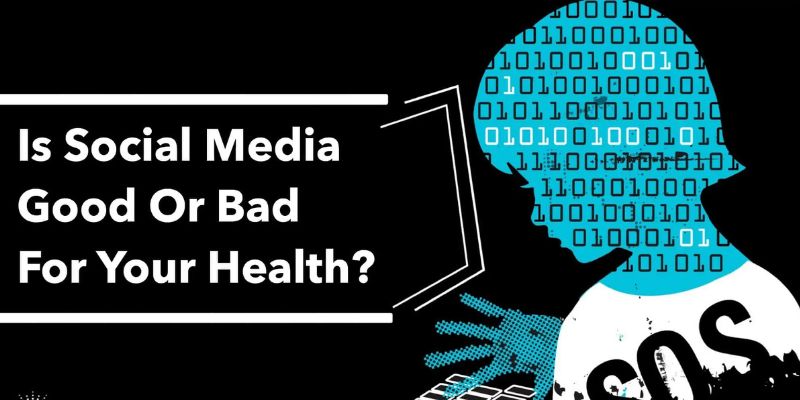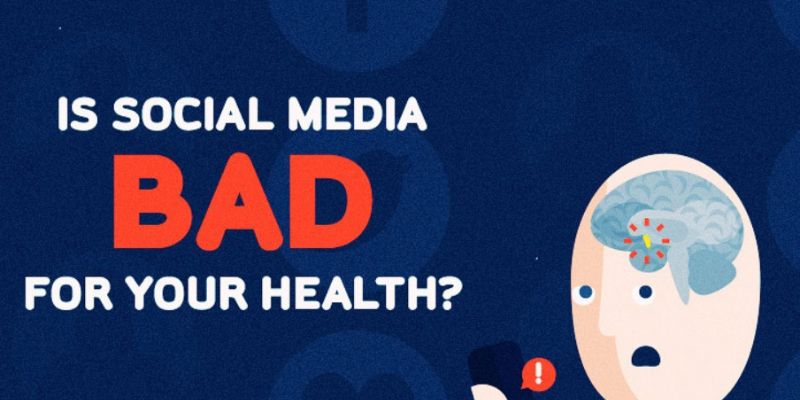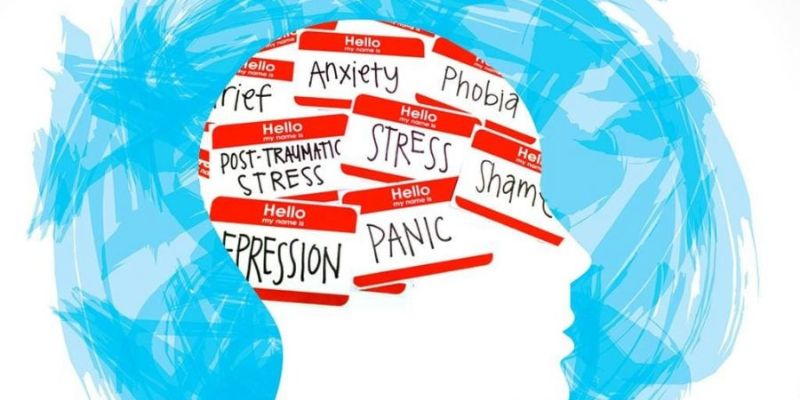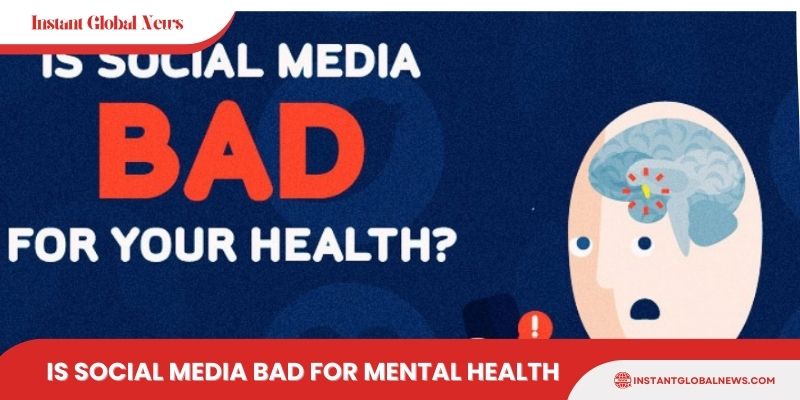The Digital Age of Vulnerability

Social media has become a ubiquitous part of our daily lives, especially for teenagers. However, recent studies have shown that the impact of social media on mental health is particularly significant for young people, especially females.
While teenage boys may exhibit aggression physically, females tend to express it relationally, often through exclusion and hurtful comments. Social media platforms provide an opportunity for such harmful interactions to occur more frequently.
For instance, imagine a seventh-grader whose best friend suddenly chooses a new best friend and starts posting pictures of them together at the movies or on a weekend trip. In the past, the girl might have been excluded without her knowledge, but now, thanks to social media, she can see these moments unfold in real-time, causing feelings of exclusion and hurt.
In addition to amplifying these missed experiences, social media also distorts appearances and reality. Platforms like Facebook, Instagram, and Snapchat make it easier to see unrealistic, filtered photos at a time when teenagers are already experiencing significant physical changes.

In the past, teens may have encountered altered photos of models in magazines. But now, these images are just a thumb-scroll away, and there are countless apps available that offer filters and editing tools to enhance one’s appearance. The result is a digital world where everyone appears flawless, not just celebrities.
This constant exposure to filtered and unrealistic images can make it difficult for teenagers to discern what is real and what is not. This confusion comes at a challenging time for them, both physically and emotionally.
According to Dr. Sperling, a leading expert in child and adolescent psychiatry, middle school is already a challenging period for students as they navigate their developmental changes. During puberty, they are tasked with establishing their identity while their frontal lobes (responsible for impulse control) are still developing. At the same time, their relationships with peers are becoming increasingly crucial.
Having access to social media without a stopgap before posting or sending messages makes this vulnerable population more susceptible to negative experiences. Dr. Sperling believes that it is essential to be mindful of this potential harm.
It’s not just teenagers who are vulnerable; adults are also affected by the negative impact of social media on mental health. Plastic surgeons have reported an increase in patients seeking procedures to make them look like their filtered Snapchat and Instagram photos.
A New York Times article in June 2018 highlighted a newlywed couple who nearly ended their marriage after their honeymoon. The wife spent more time planning and posting selfies than connecting with her partner, causing strain in their relationship.
Social media has undoubtedly redefined how we connect and share our lives, but it’s essential to recognize the potential risks it poses to our mental health.
FAQs

Q: Is social media harmful to everyone’s mental health?
A: The impact of social media on mental health varies from person to person. While some individuals may not be significantly affected, others, especially teenagers, are more vulnerable to negative experiences and comparisons. It is crucial to be mindful of this and take steps to protect one’s mental well-being.
Q: Are there any positive aspects to social media?
A: Yes, social media can provide opportunities for connection, information-sharing, and support. It’s important to strike a balance between using social media in a positive and healthy way while being aware of its potential negative effects.
Conclusion
Social media has revolutionized how we communicate and share our lives, but it’s vital to be aware of its impact on our mental health. Adolescents, in particular, are susceptible to the negative consequences of social media, as they navigate their developmental changes and establish their identities. By understanding these challenges, we can take steps to foster a healthier relationship with social media and prioritize our well-being in this digital age.
—
Image Source: Instant Global News


